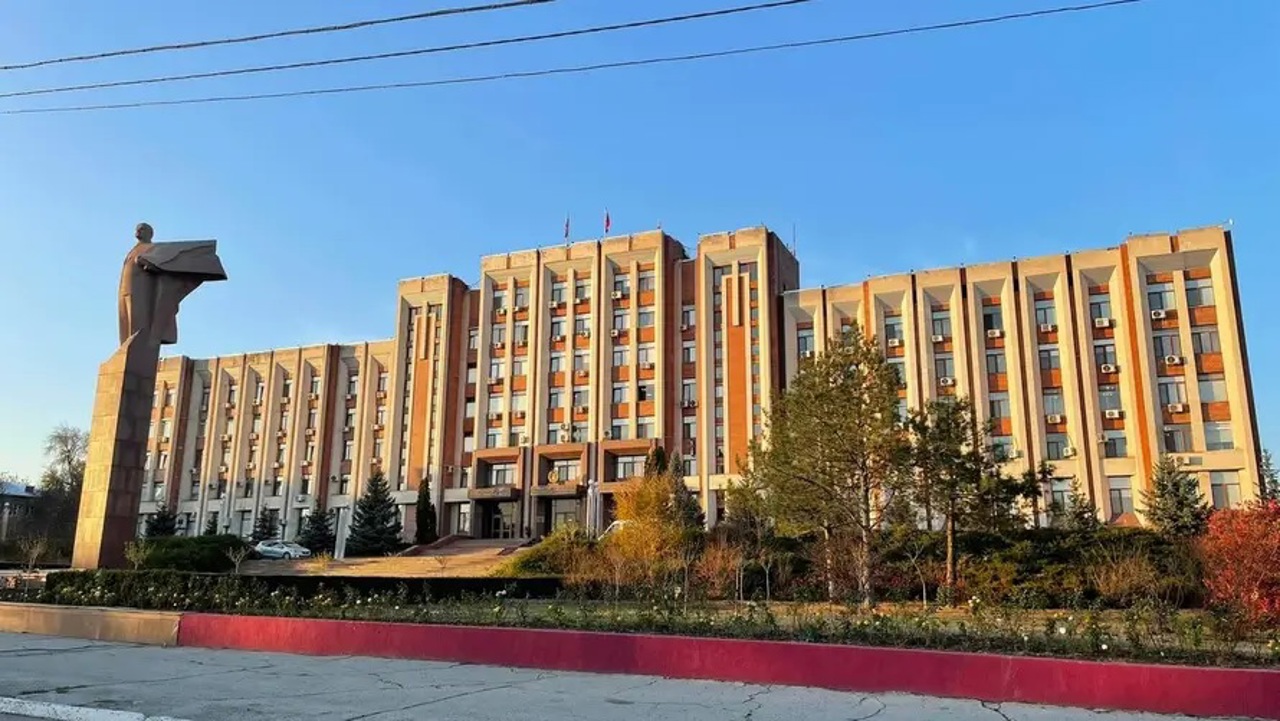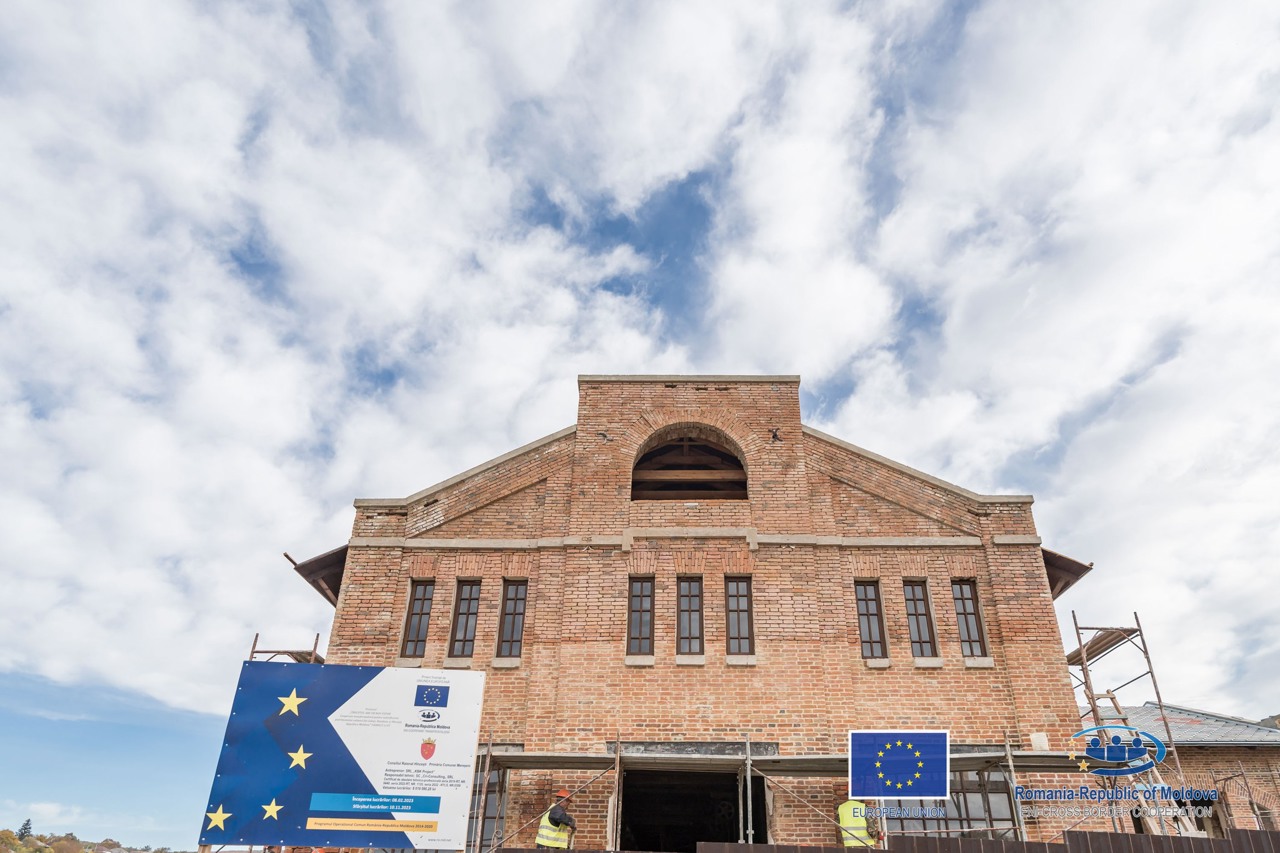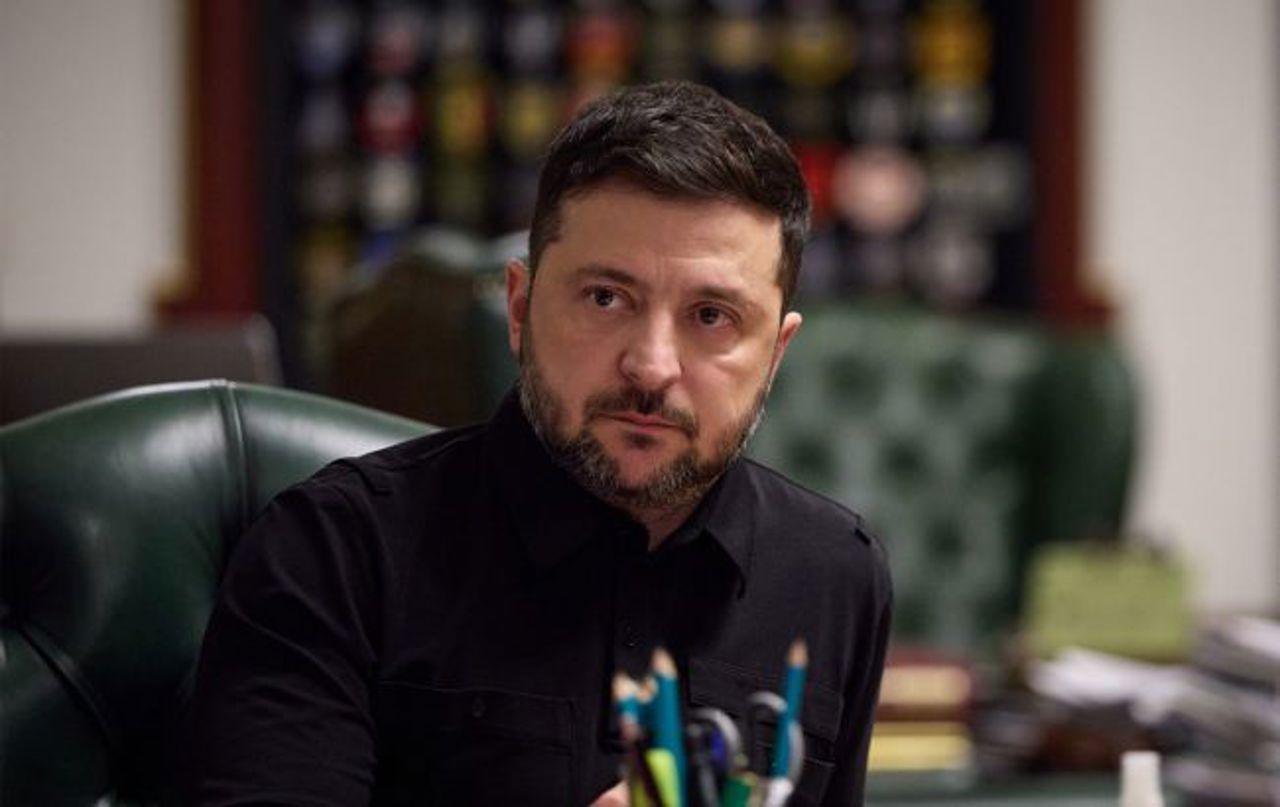Deputy PM Challenges Tiraspol's Customs Code Impact Claims
The argument frequently made by Tiraspol concerning the detrimental effects of implementing the Customs Code has lost credibility.

Deputy Prime Minister for Reintegration, Oleg Serebrian, disclosed to Jurnal TV that the total value of customs duties collected from economic entities on the left bank of the Dniester does not exceed 0.1% of the GDP of the Transnistrian region, amounting to approximately 1 billion euros.
"Our calculations were much closer to reality than theirs. We were well aware of the expected accumulation—between $8 and $12 million annually. In no way did those sums circulated in Tiraspol amount to $30-50 million," asserts the Deputy Prime Minister.
As of January 1st, the new provisions of the Republic of Moldova's Customs Code came into effect. These provisions eliminate the exemptions from paying customs duties that economic agents in the separatist Transnistrian region have enjoyed for decades.
Following the imposition of customs duties, the Tiraspol regime reacted vigorously: imposing penalties on farmers from Dubăsari, raising tariffs for gas supplied to Romanian schools in the separatist region, and organising a protest at the administrative boundary Varnița-Tighina. Meanwhile, Chisinau hardly imposes taxes on entrepreneurs from the Transnistrian region; they are still exempt from paying VAT and excise duties but are solely obligated to pay customs duties, which stand at a mere 6%.
An analysis published by Moldova 1 reveals that importers from the right bank of the Dniester pay 16 times more than those from the Transnistrian region. While propaganda from Tiraspol speculates that customs duties impede salary increases, the separatist regime has increased spending on paramilitary structures and propaganda to approximately 1 billion lei over the last two years, estimated at the exchange rate of the Transnistrian ruble, which is artificially maintained. Firms in the region that do not collaborate with the regime are obliged to sell the currency to the so-called republican bank at a rate below the actual one. Thus, these entrepreneurs effectively subsidise the region's population.
Translation by Iurie Tataru





